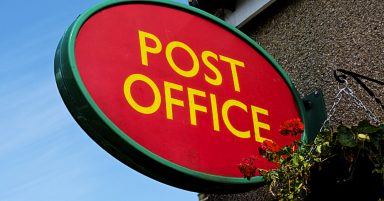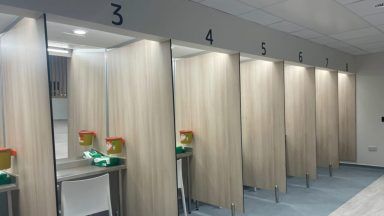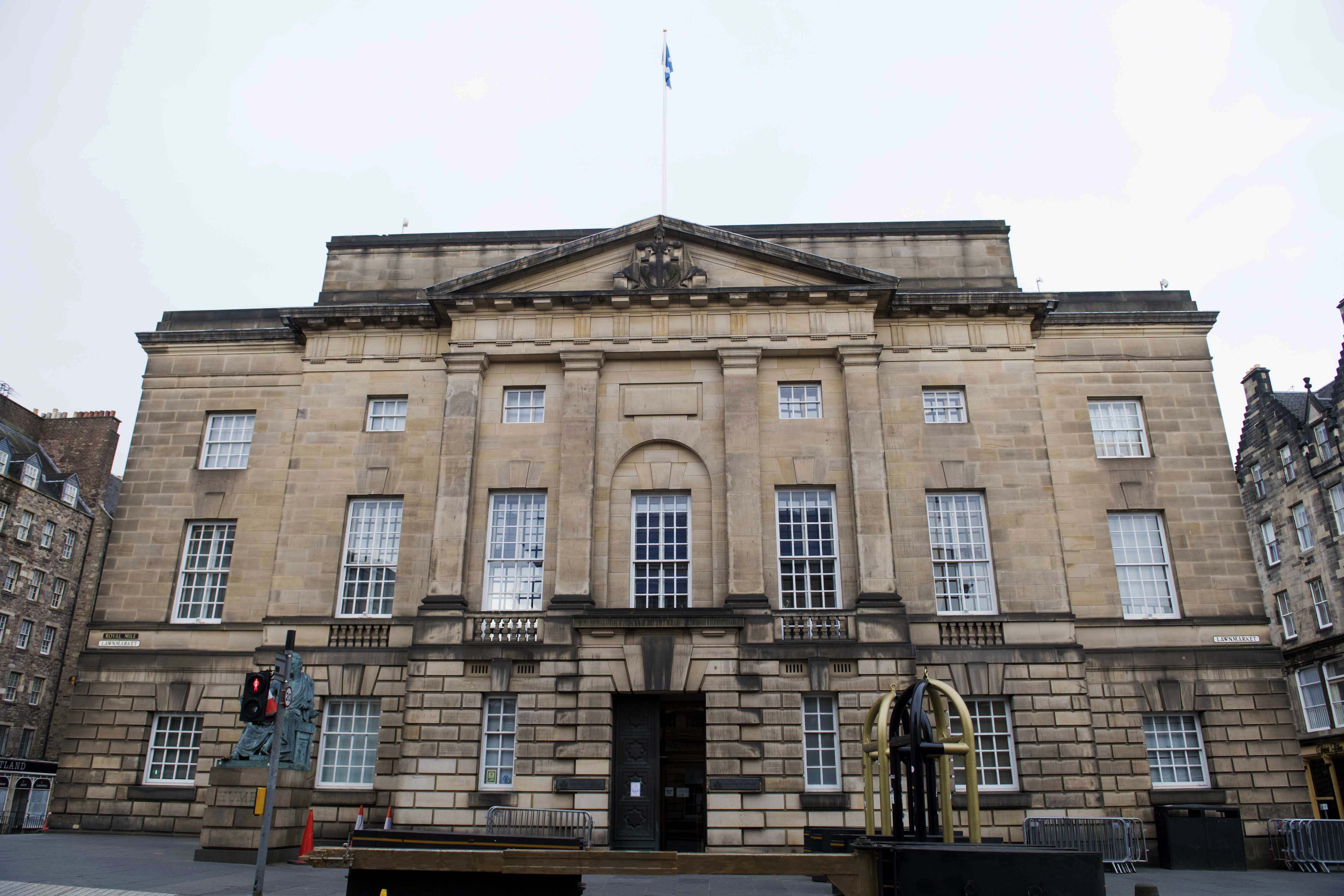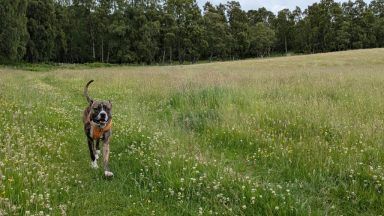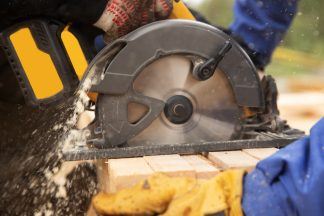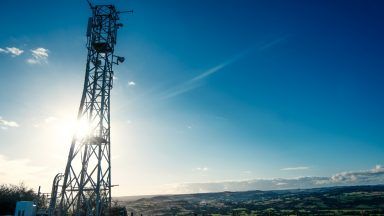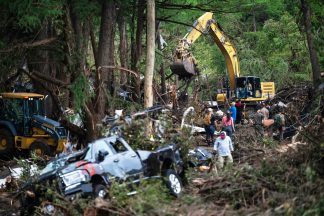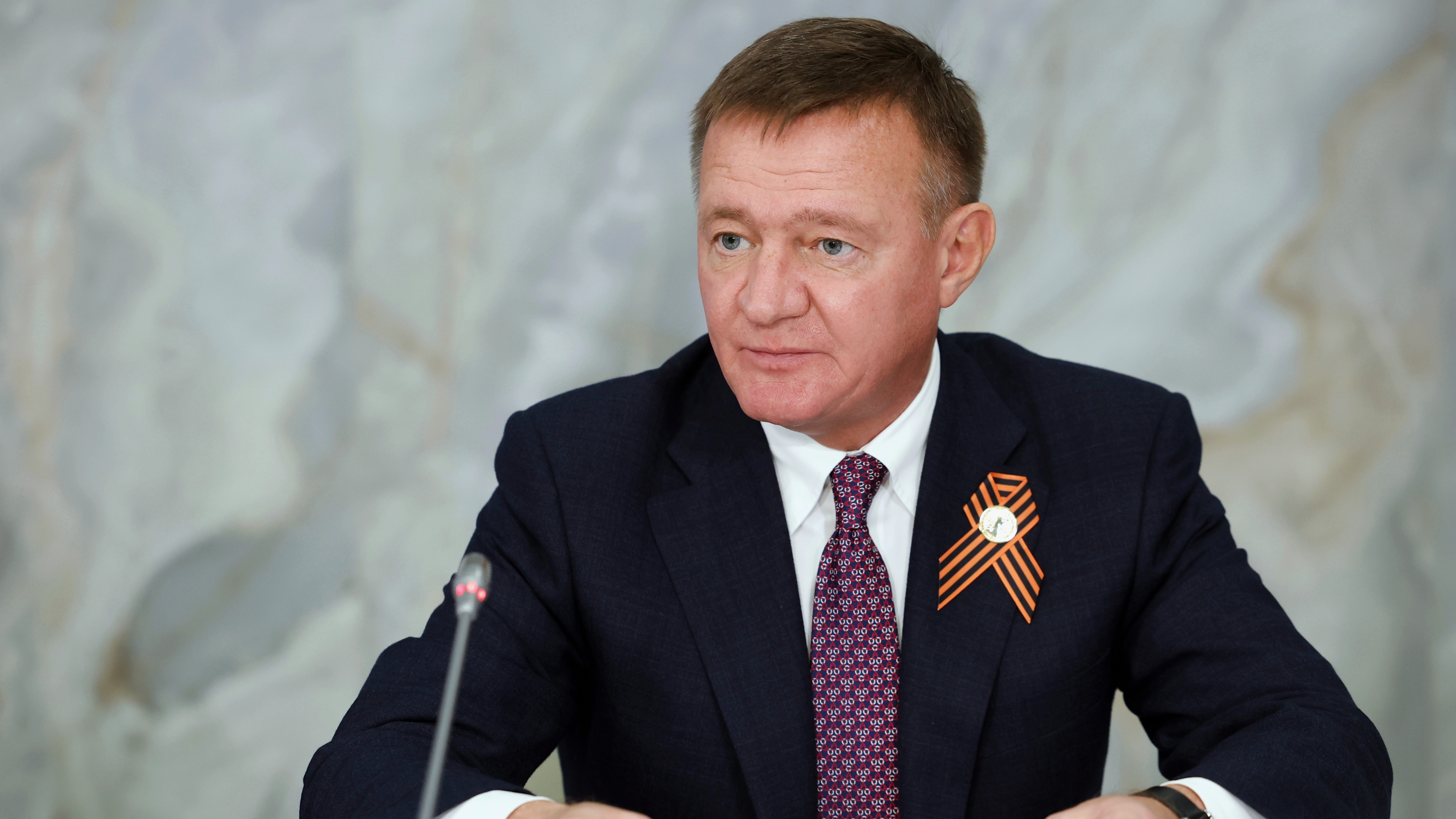Nuclear regulators have chastised the operators of one of Scotland’s largest decommissioned facilities over “clear safety breaches” following a chemical leak.
Emergency crews were scrambled to the Dounreay plant in the Highlands earlier this year after the prototype fast reactor suffered a fault resulting in the “excursion of a small amount of caustic liquor”.
Dounreay Site Restoration Ltd (DSRL), which is charged with retiring the former nuclear complex in Caithness said no one was injured in the incident and the environmental impact was “low”.
But the Office for Nuclear Regulation (ONR) said their investigation revealed a number of issues, stating procedural “shortfalls must be addressed” before work can continue on that part of the site.
A spokesperson for the watchdog said: “As a result of the incident, there were no injuries to personnel, but some minor damage to pipework and internal components.
“The process involved very low levels of radioactivity and consequently the radiological risk to workers and the public were negligible. There was no nuclear safety consequence.
“ONR inspectors have now identified that DSRL contravened one or more relevant statutory provisions and have issued an enforcement letter to the dutyholder, seeking the necessary improvements in its arrangements to prevent a reoccurrence and return DSRL to compliance.”
They added: “The regulator has instructed DSRL to implement improved arrangements before restarting its activities at the Prototype Fast Reactor Sodium Tank Farm. We continue to monitor the progress of DSRL’s response.”
The incident met the criteria for a “level one” event, ranking it as an “anomaly” on the International Nuclear Event Scale (INES).
It is also currently the subject of a separate investigation by the Scottish Environmental Protection Agency (Sepa).
Investigators found a small amount of a substance known as tritium, a radioactive isotope of hydrogen, historically used in a variety of industrial processes, was released during the incident.
Tritium presents a low radiological hazard.
The probe also found a separate incident resulting in the hospitalisation of one employee occurred six days after the leak.
The worker failed to adhere to safety requirements by placing his hand on a load as it was lifting, resulting in his fingers getting trapped and a trip to Caithness General Hospital before being released later that day.
A spokesperson for DSRL said: “ONR have carried out a preliminary enquiry into this incident and a Sepa investigation, under the powers of the Environment Act 1995, is ongoing.
“ONR have concluded that there are a number of issues relating to the project and have issued an enforcement letter placing regulator hold points on restarting the operation.”
The plant was opened in 1955 and three reactors – the Dounreay fast reactor, prototype fast reactor and the Dounreay materials test reactor – were built over the next 20 years.
It was fully shut down in 1994, but a massive and complex clean-up operation remains ongoing.
A 2014 fire at the prototype fast reactor facility sodium tank farm led to an “unauthorised release” of a radioactive isotope.
At the time, the ONR said it had been concerned by poor compliance and “unacceptable behaviours of personnel” at the site.
A Sepa spokesperson said: “It has been established that there was a small release of process chemicals from the system and a release of tritium, which presents a low radiological hazard, occurred via an unauthorised and monitored route.
“DSRL intend to undertake additional sampling work to underpin its assessment of the release of tritium.
“Sepa’s investigation of the circumstances surrounding the incident is currently ongoing. Based on the initial estimate of the tritium release provided by DSRL we consider the risk to the public or the environment to be extremely low.”
Follow STV News on WhatsApp
Scan the QR code on your mobile device for all the latest news from around the country


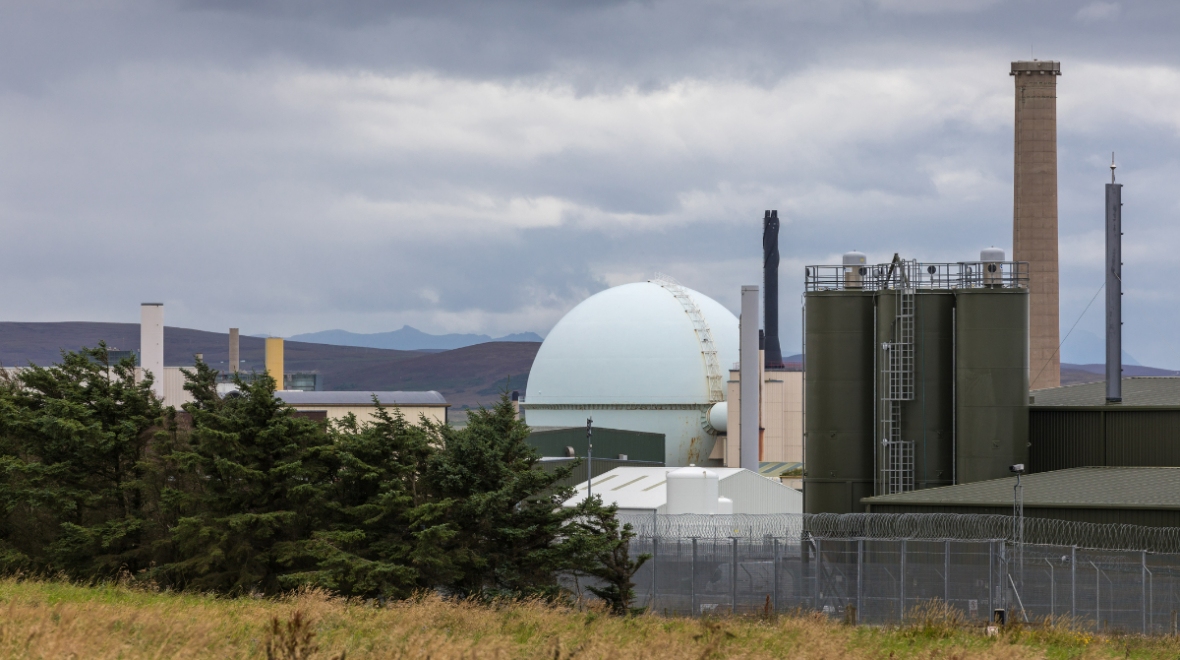 iStock
iStock


